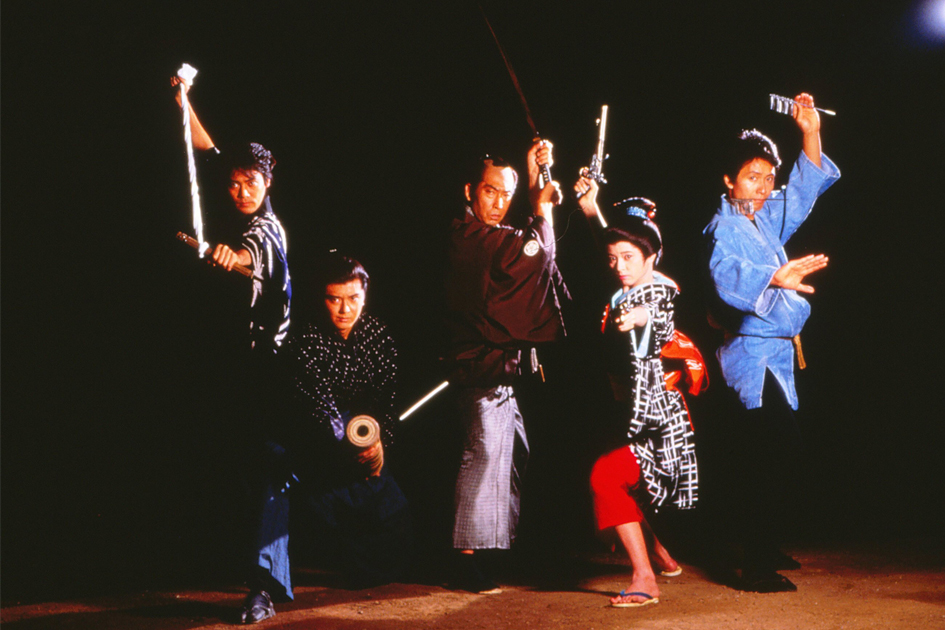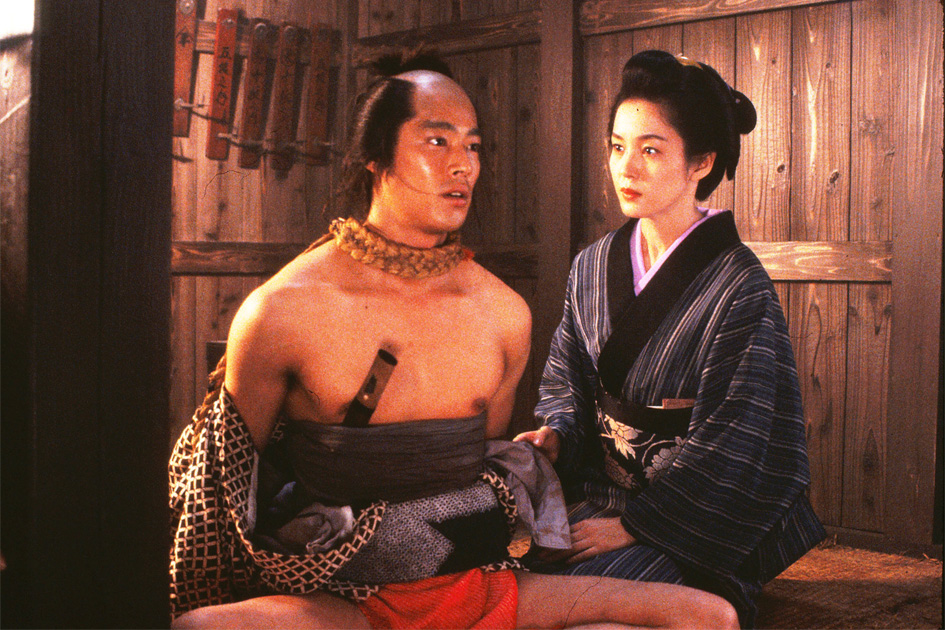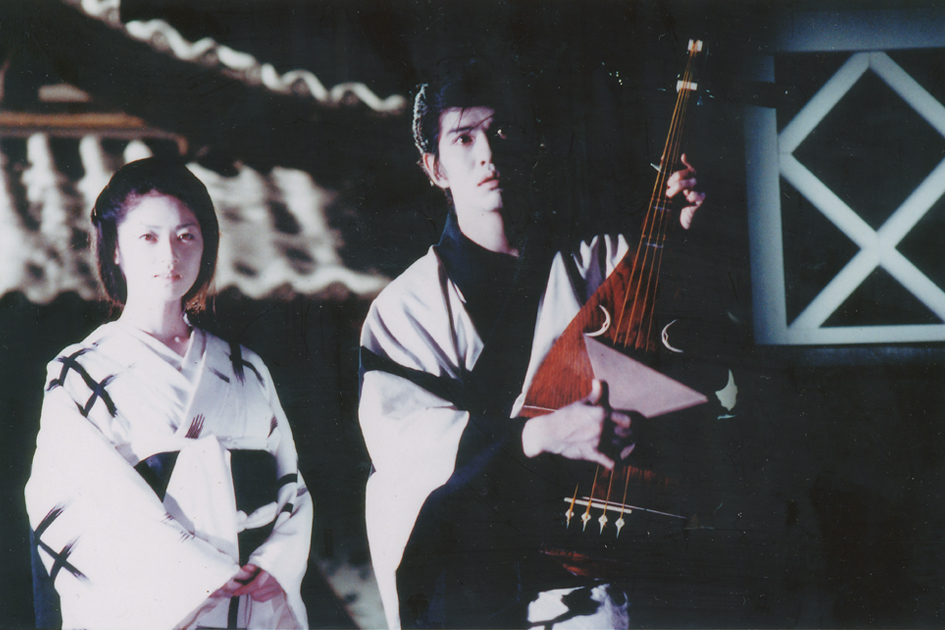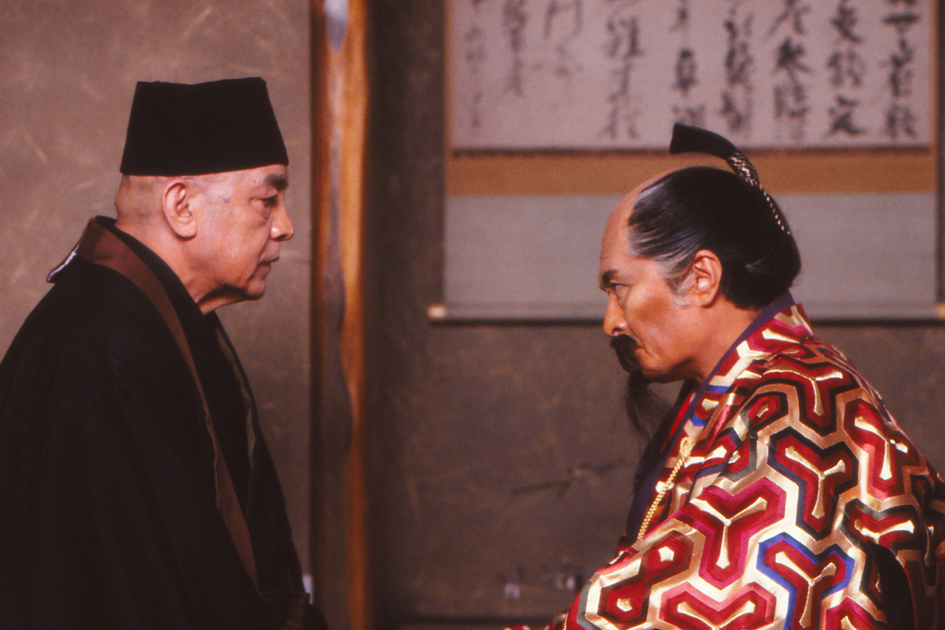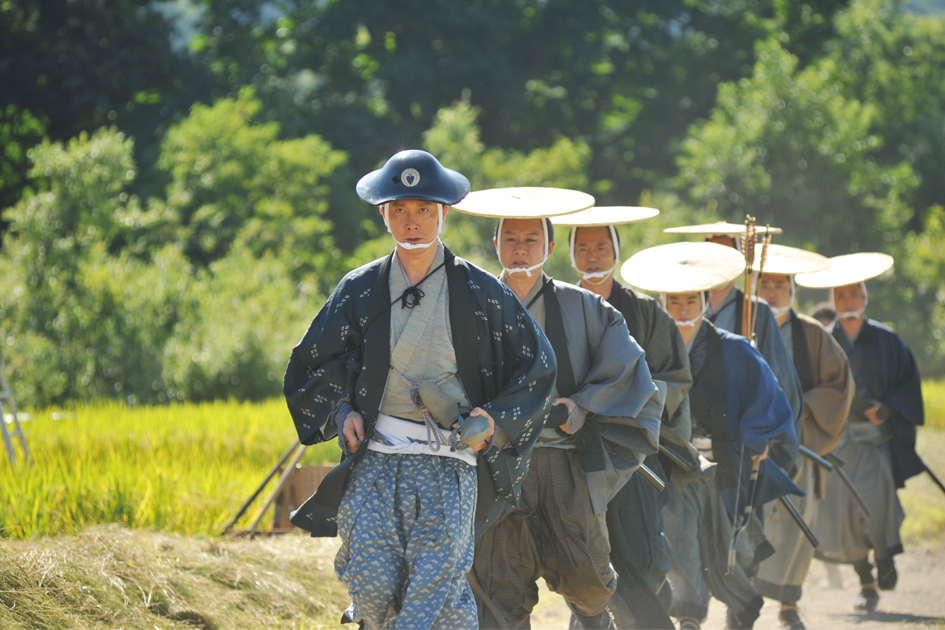SCREENING
『The Assassin』
From pro-Emperor to pro-Shogunate, and pro-Emperor again... The ambition and pas-sion of Hachiro Kiyokawa, a lone wolf who lived recklessly and died violently in the disquiet of Bakumatsu
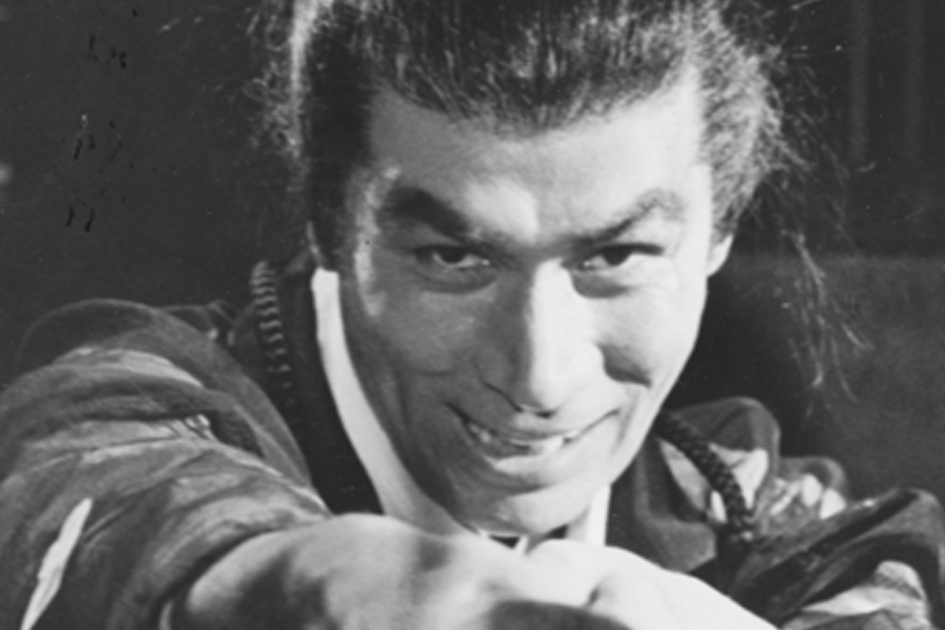
Data
| Director | Masahiro Shinoda |
|---|---|
| Cast | Tetsuro Tanba, Shima Iwashita, Isao Kimura, Eitaro Ozawa, Eiji Okada |
| Country | Japan |
| Year | 1964 |
| Time | 104min |
| Language | Japanese |
| Distribution | Shochiku |
Story
In the centre of action between ‘Joi’ (pro the expulsion of foreigners) and ‘Tobaku’ (against the Shogunate) factions, was the Hokushin Itto-ryu swordsman Kiyokawa Hachiro, a samurai excelling in both literary and arts; and he was pressed for killing Kikatsu, a spy of the Shogunate. He was also under the orders of Matsudaira Chikaranosuke to group up ronins, to oppress the Kino (pro-Emperor) samurais that were disturbing peace in Kyoto. The Kino samurais, furious at Kiyokawa for his betrayal, send an assassin, who ends up getting defeated. Kiyokawa recruits every ronin who applied, and heads off to Kyoto in high spirits. However, Kiyokawa yet again shows his ambition with a clever scheme. The cunning Kiyokawa, betraying the Tobaku and the ronins, is deemed enemy from both the Kino and Sabaku (pro-Shogunate).
Directors info
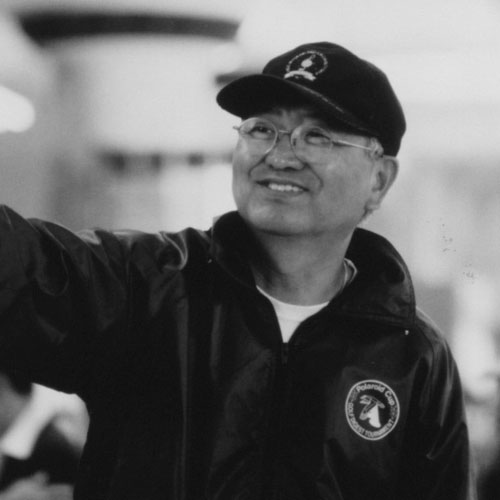
Masahiro Shinoda
(Film Director) Born in 1931, Gifu. 1953, he joins Shochiku Ofuna Studios. 1960, he debuts as director with “One Way Ticket to Love”. In the same year, after “Dry Lake” written by Shuji Terayama, he becomes a flag bearer of the Shochiku New Wave along with Nagisa Oshima and Yoshishige Yoshida. Shinoda had a passionate eye for ancient Japanese cultures, as he researched Chikamatsu Monzaemon as a student, and even after Oshima and Yoshida left Ofuna, he engaged in new expressions within the studio system. 1964, he films his first period film “The Assassin” in Shochiku Kyoto Studio, and continued to sublimate and renew the spirit and stylistic beauty of the Japanese culture into his visual expression as historical dramas in “Double Suicide” (’69), and “Gonza the Spearman” (’86) even after he established the Hyogensha production company.
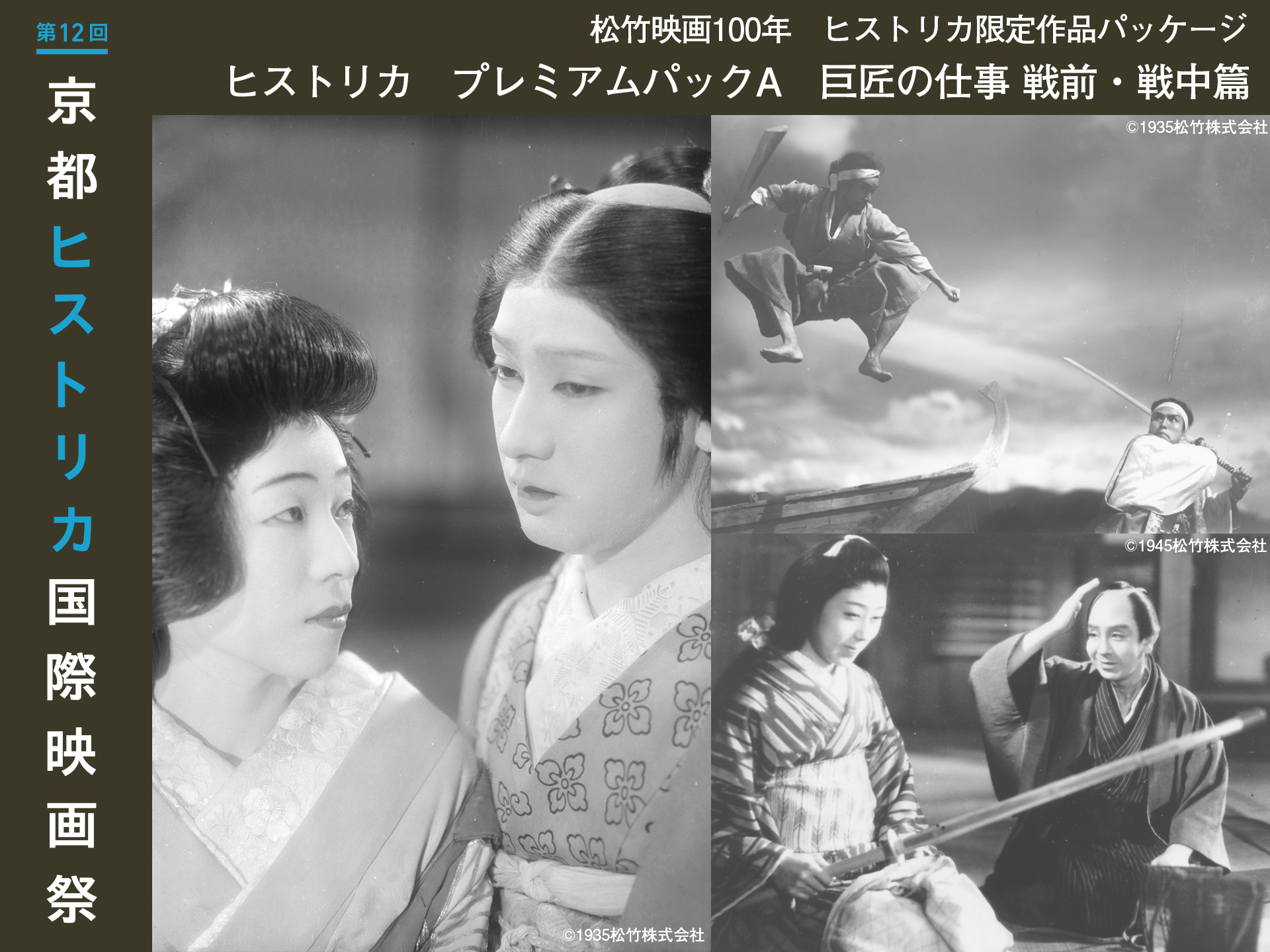
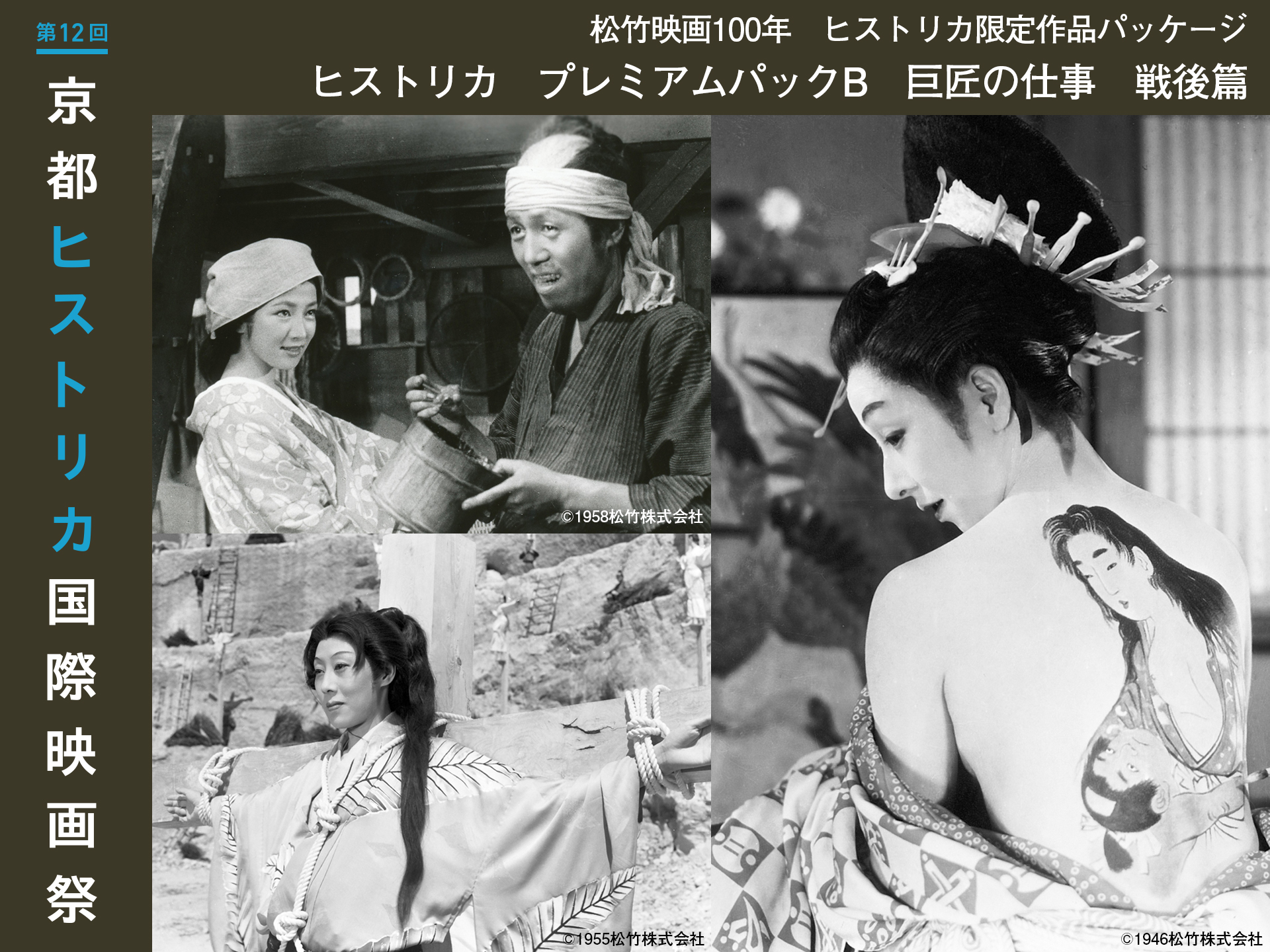
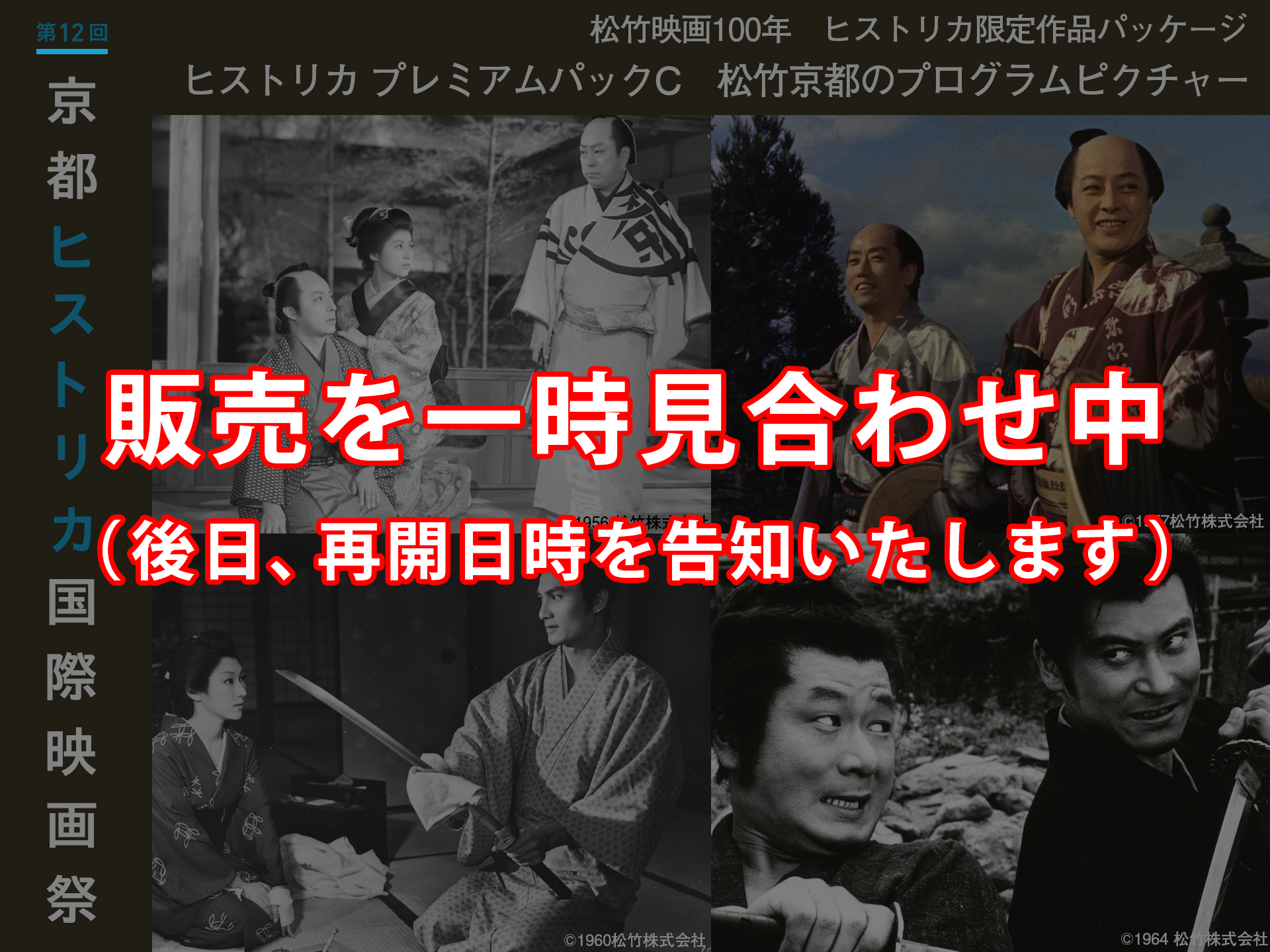
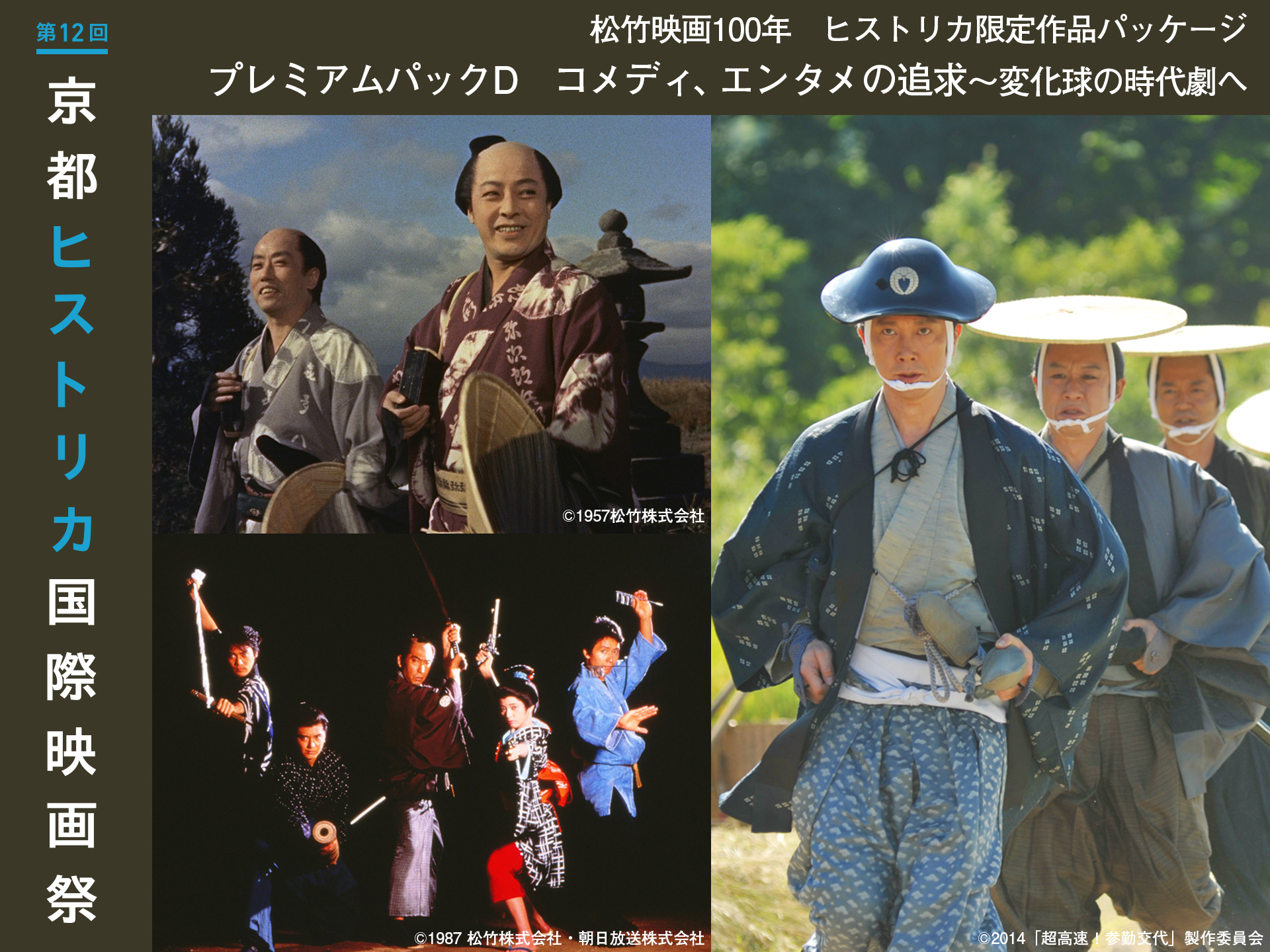
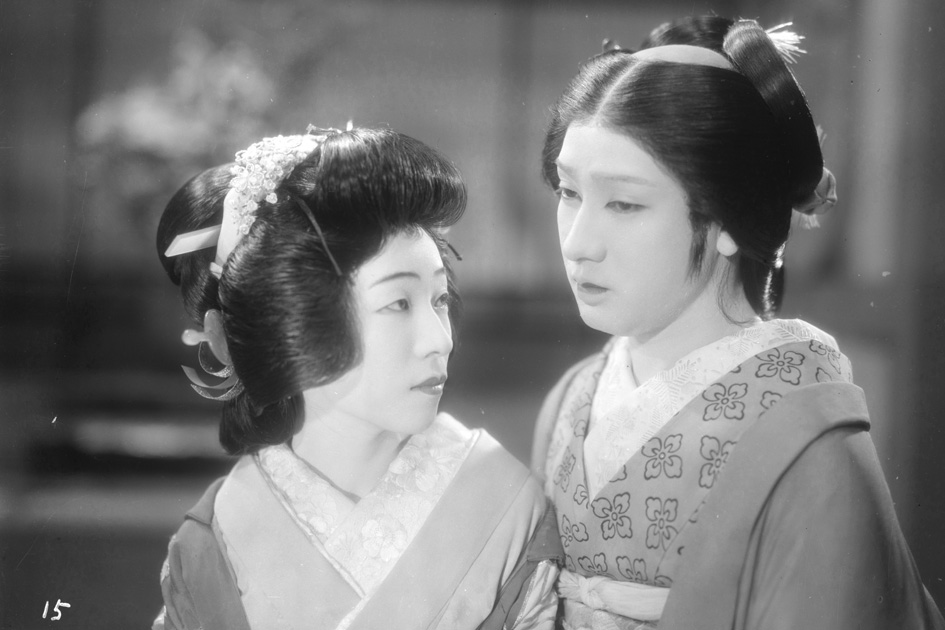
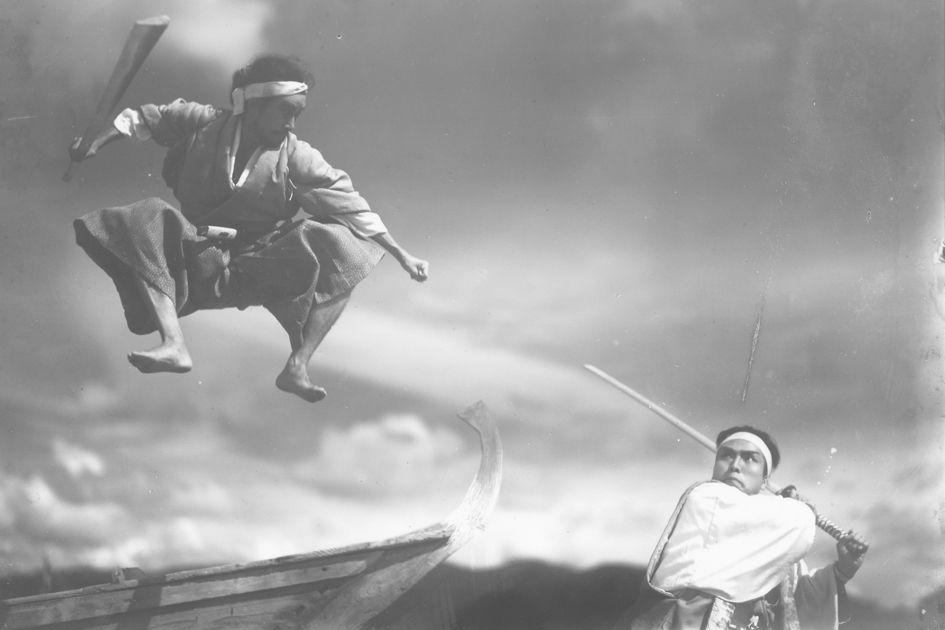
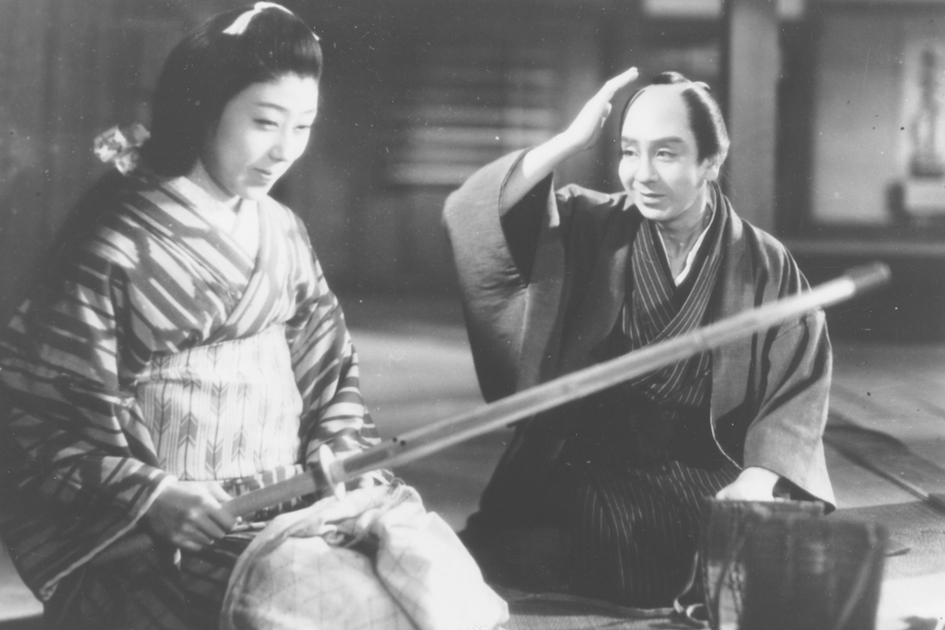

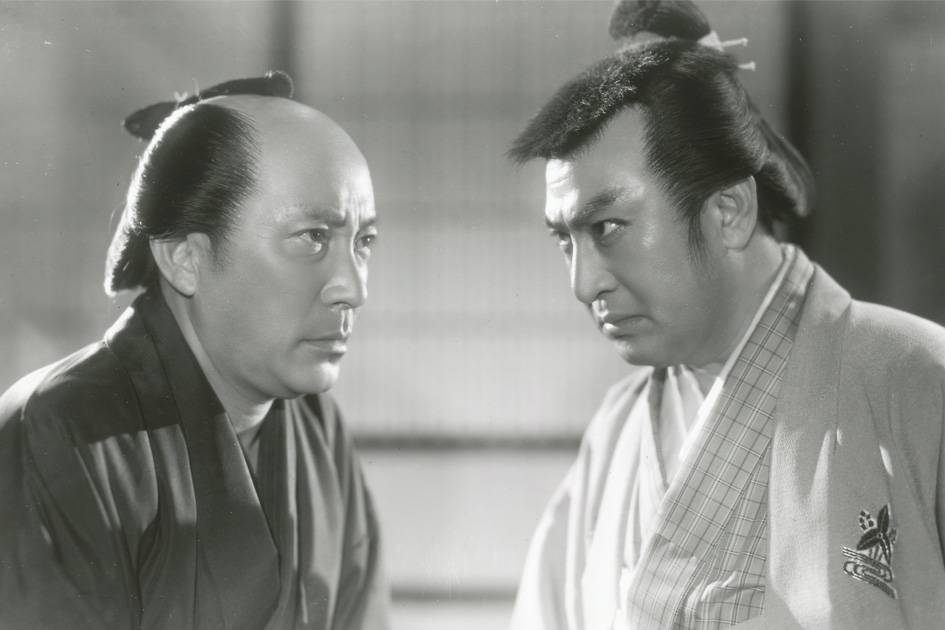
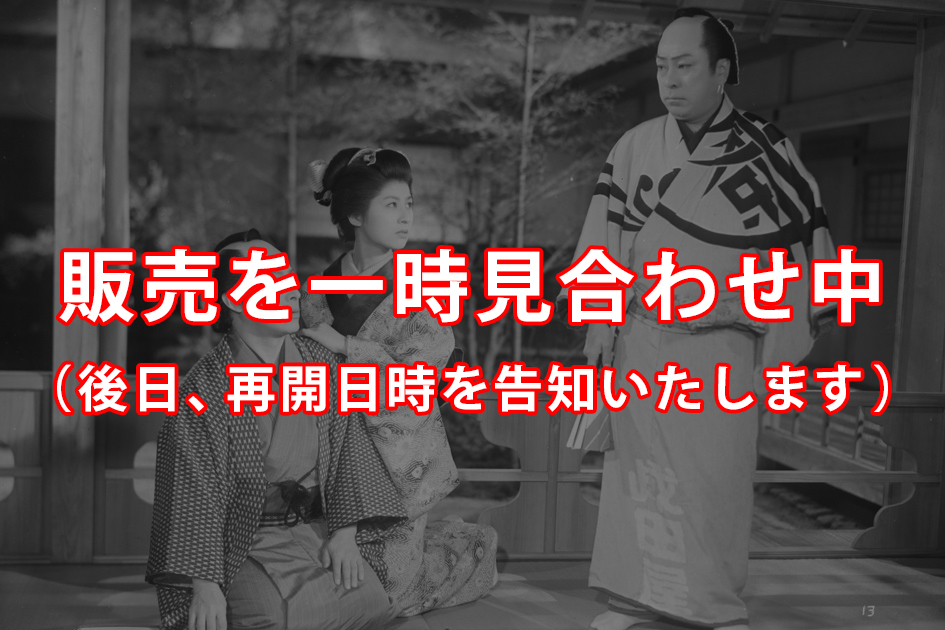
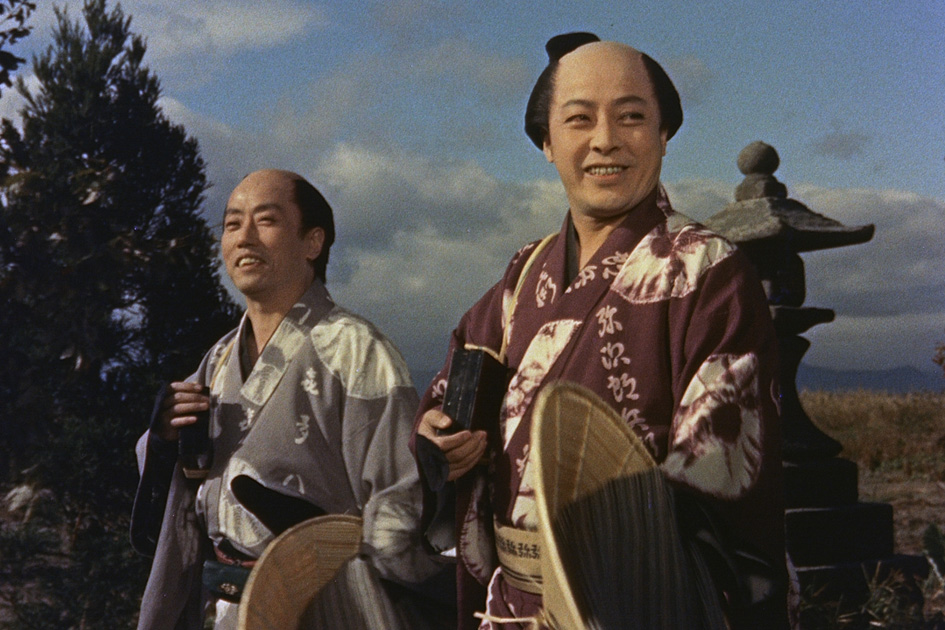
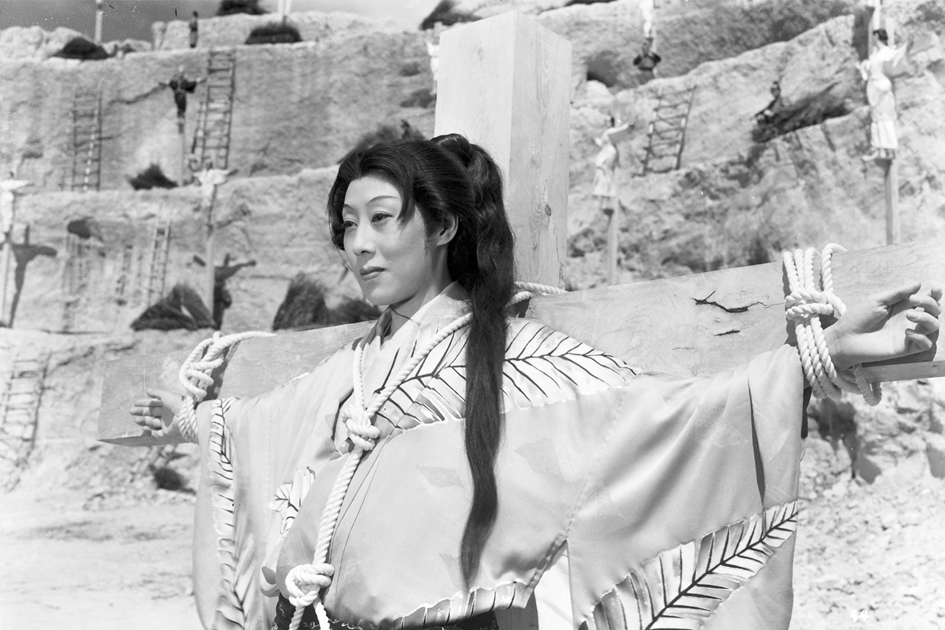
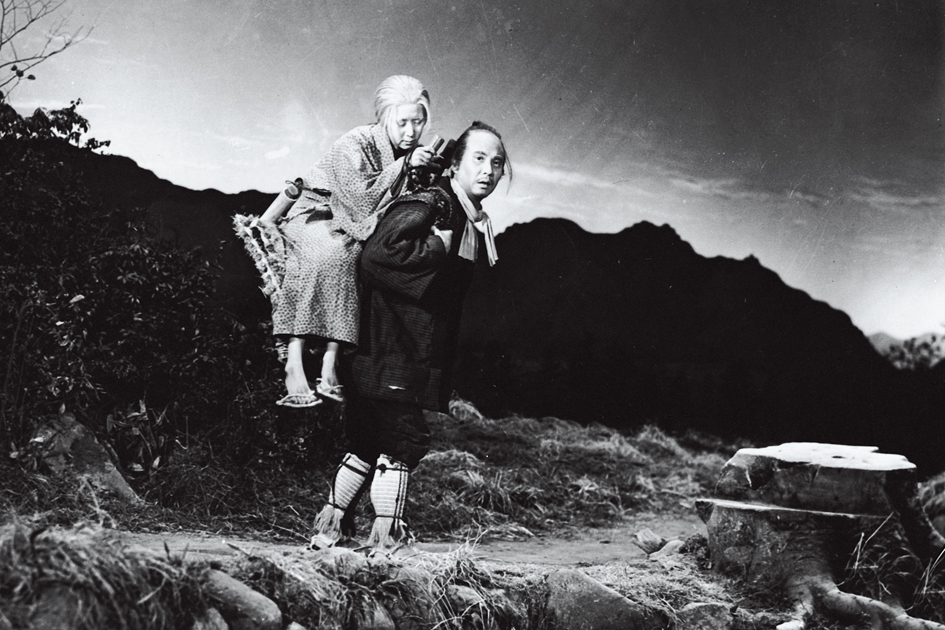
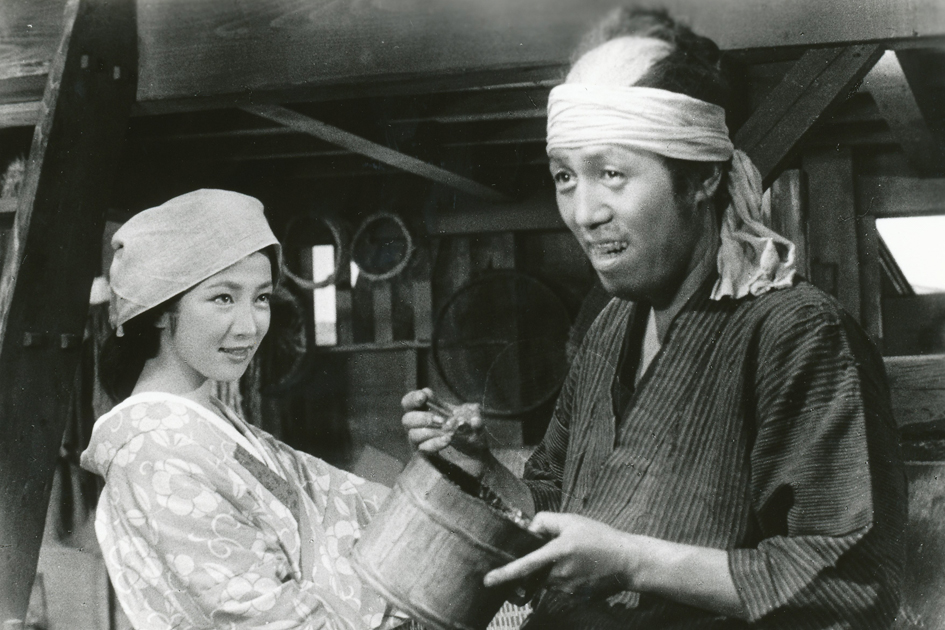
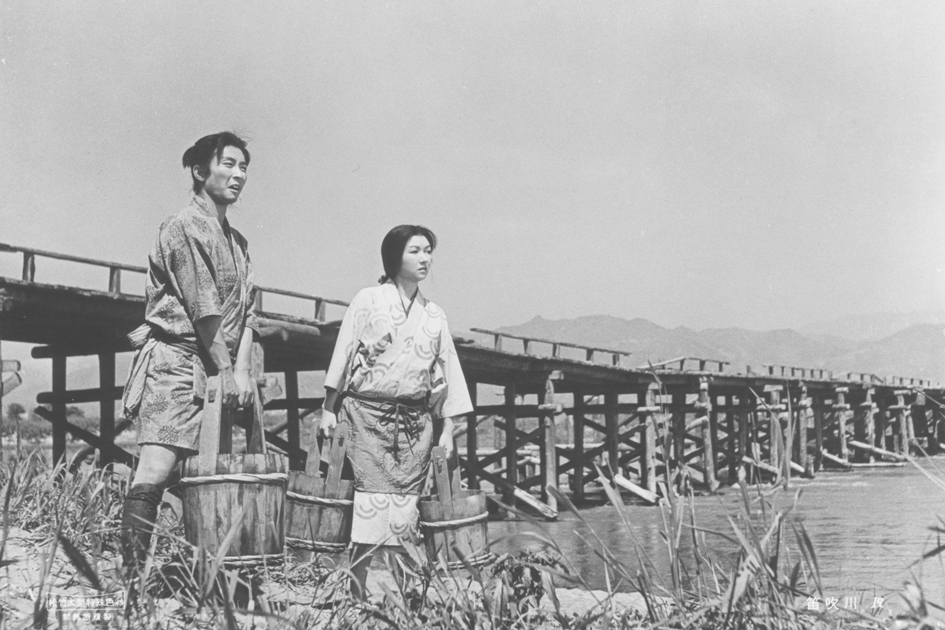
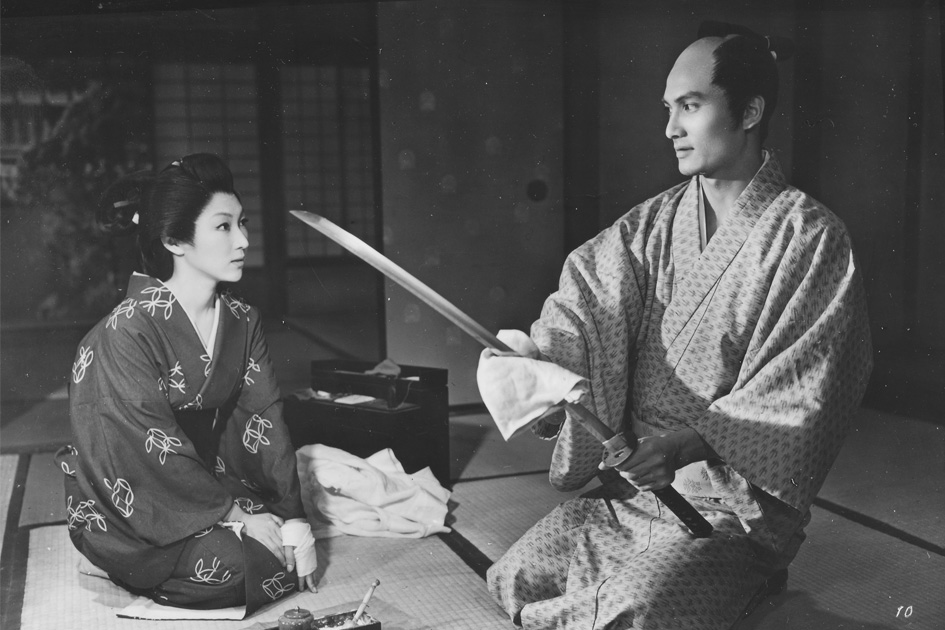
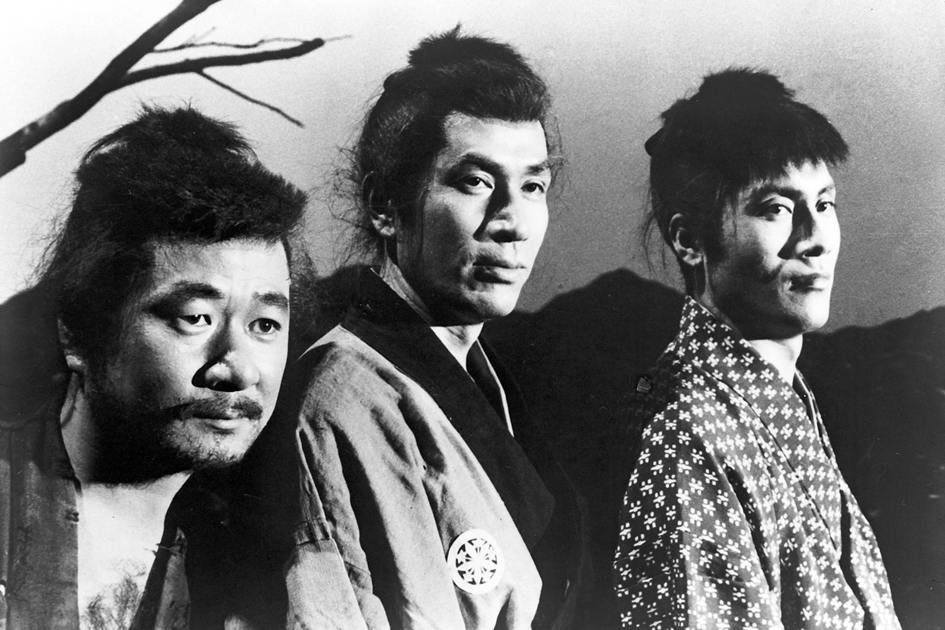

_0001_noB_945x630.jpg)
